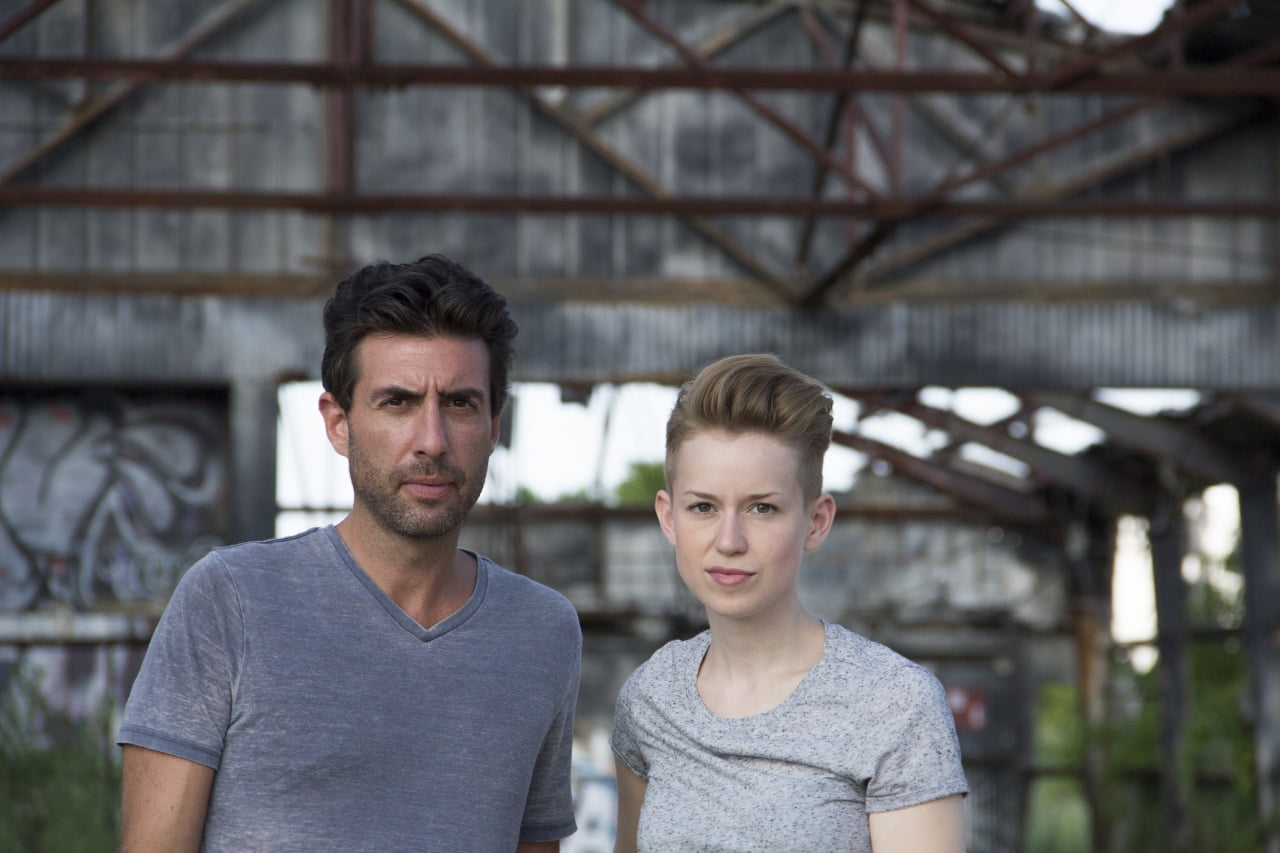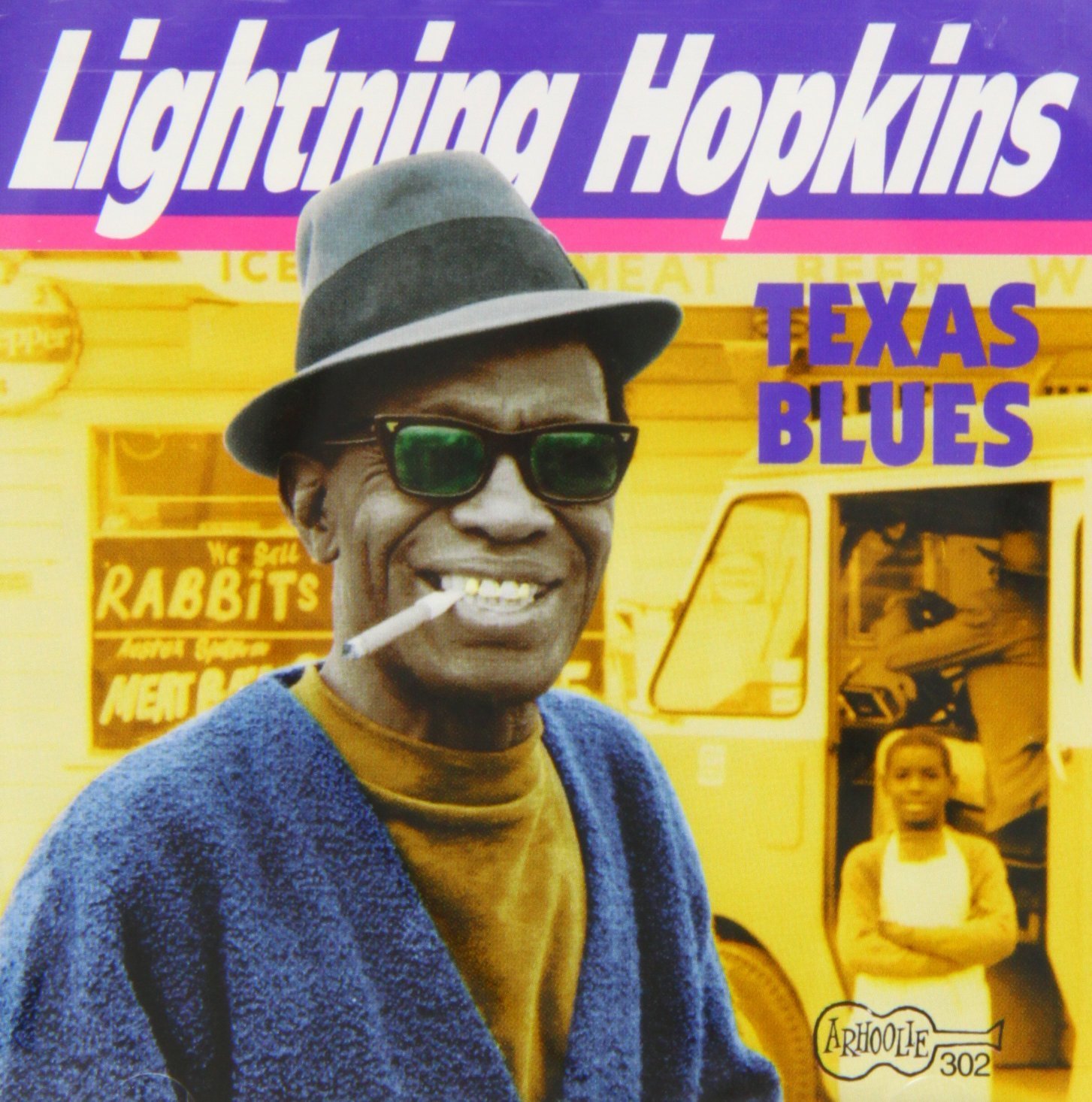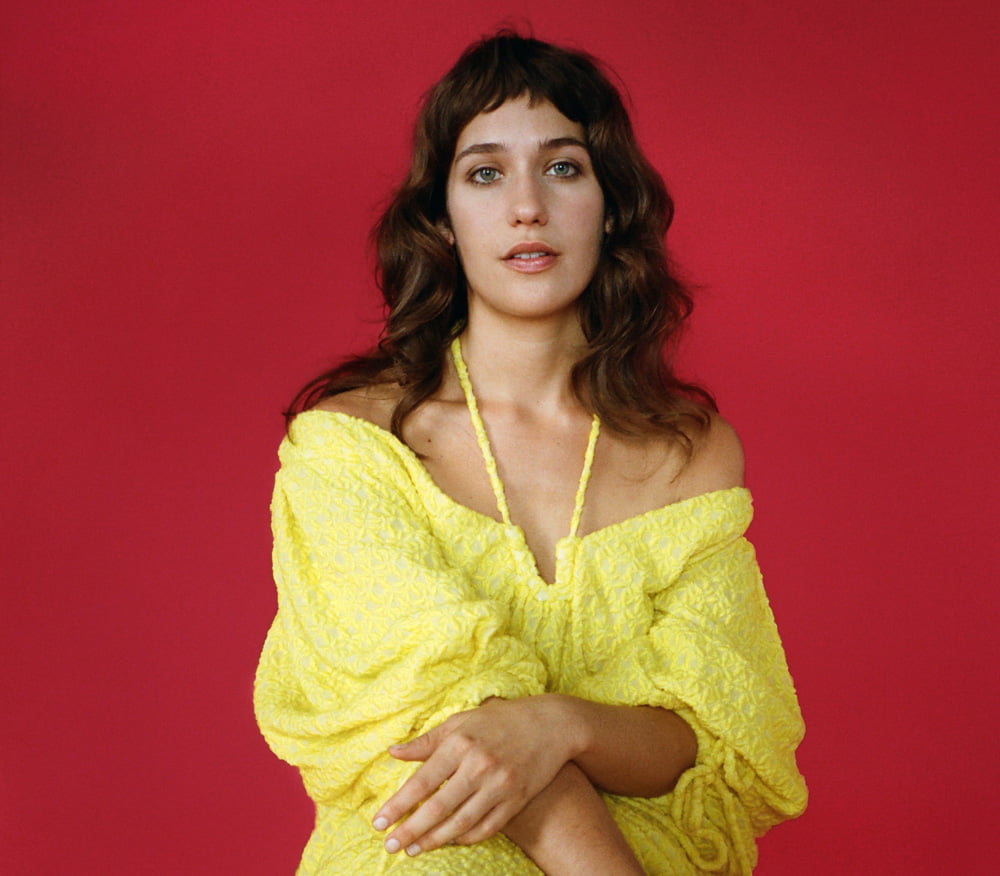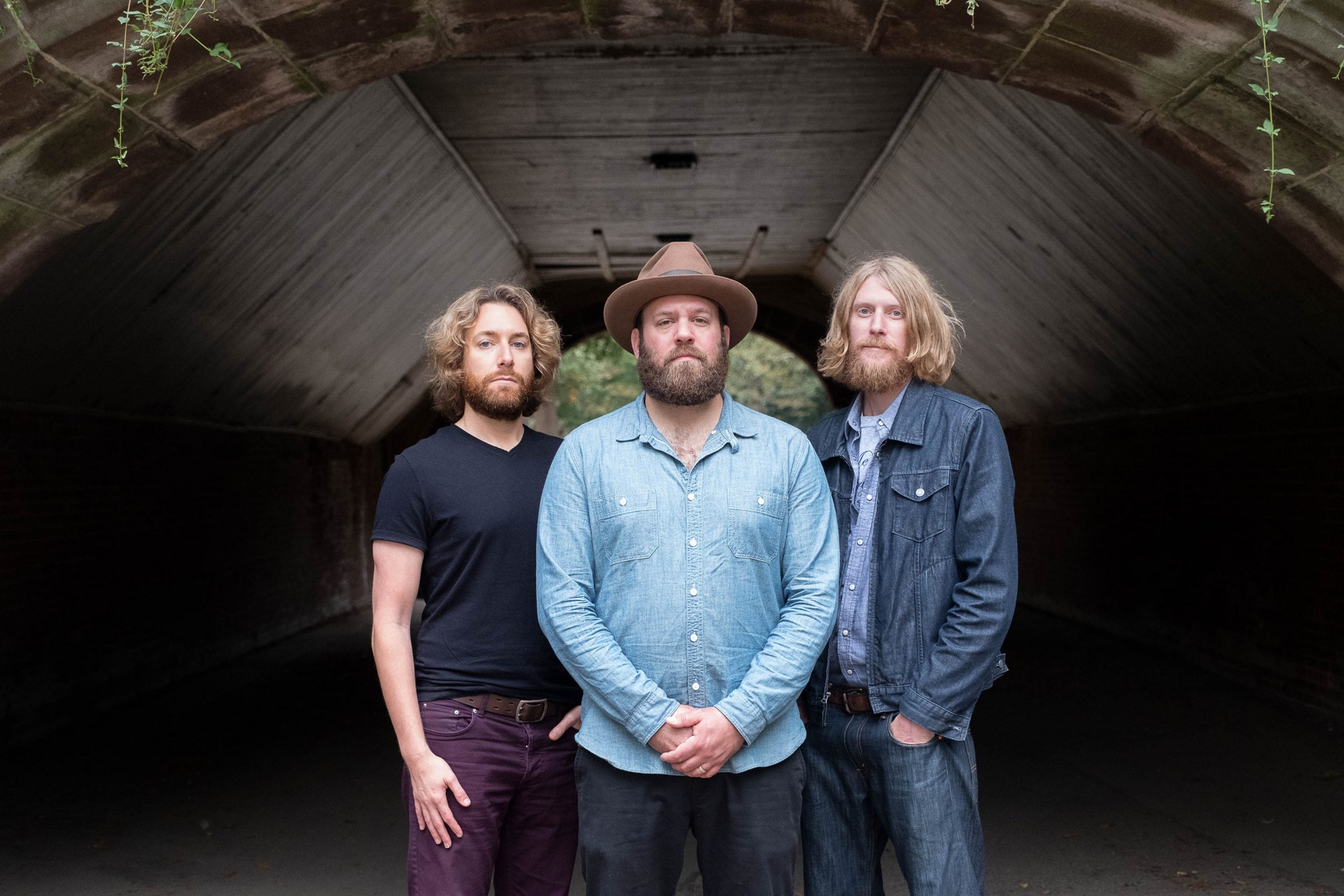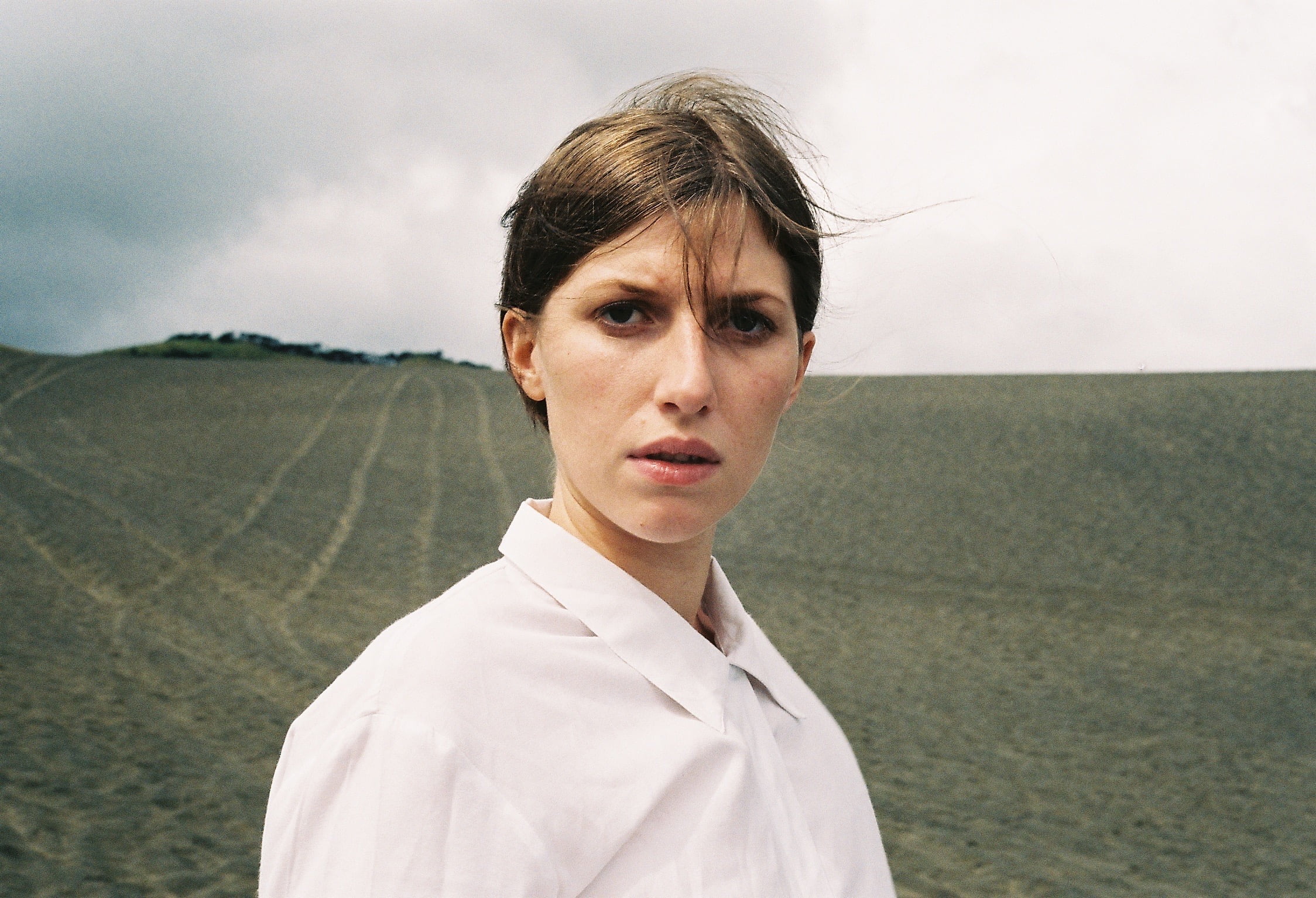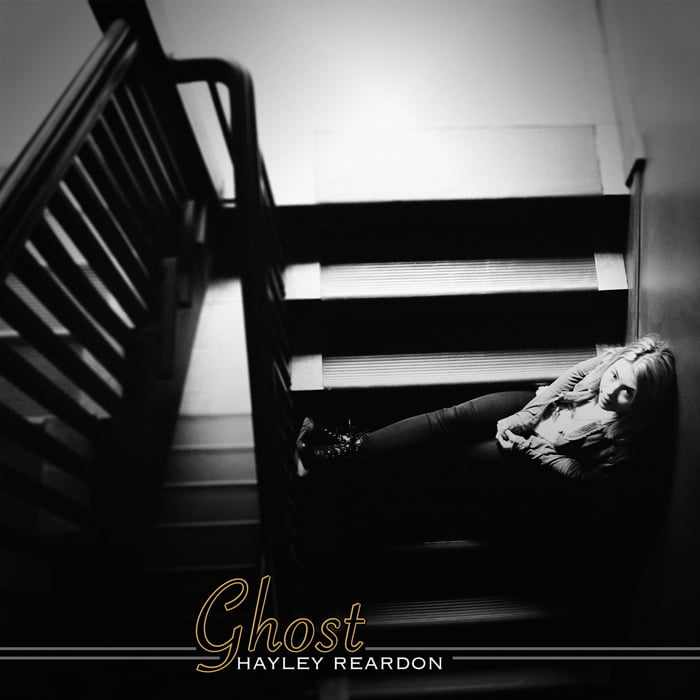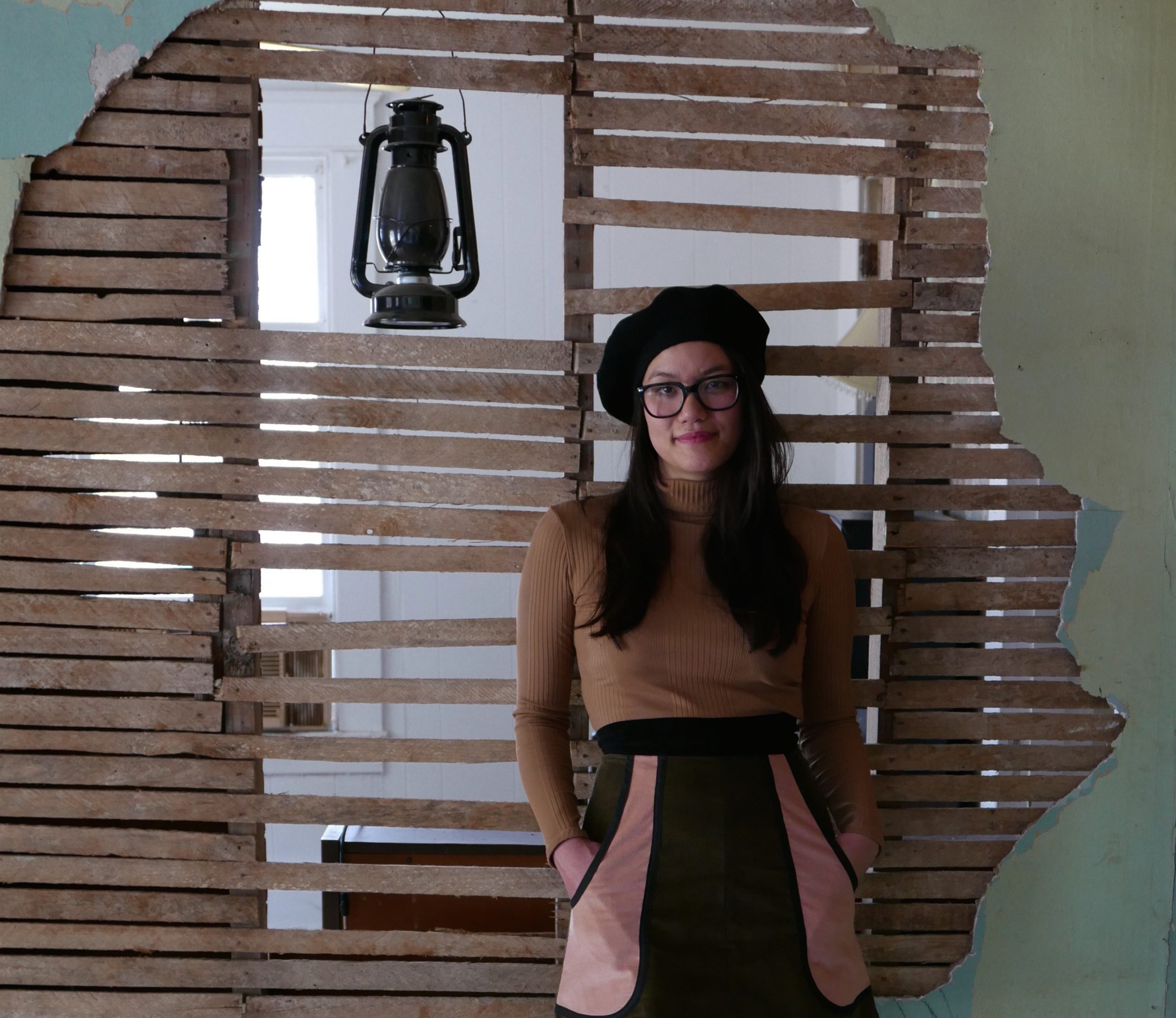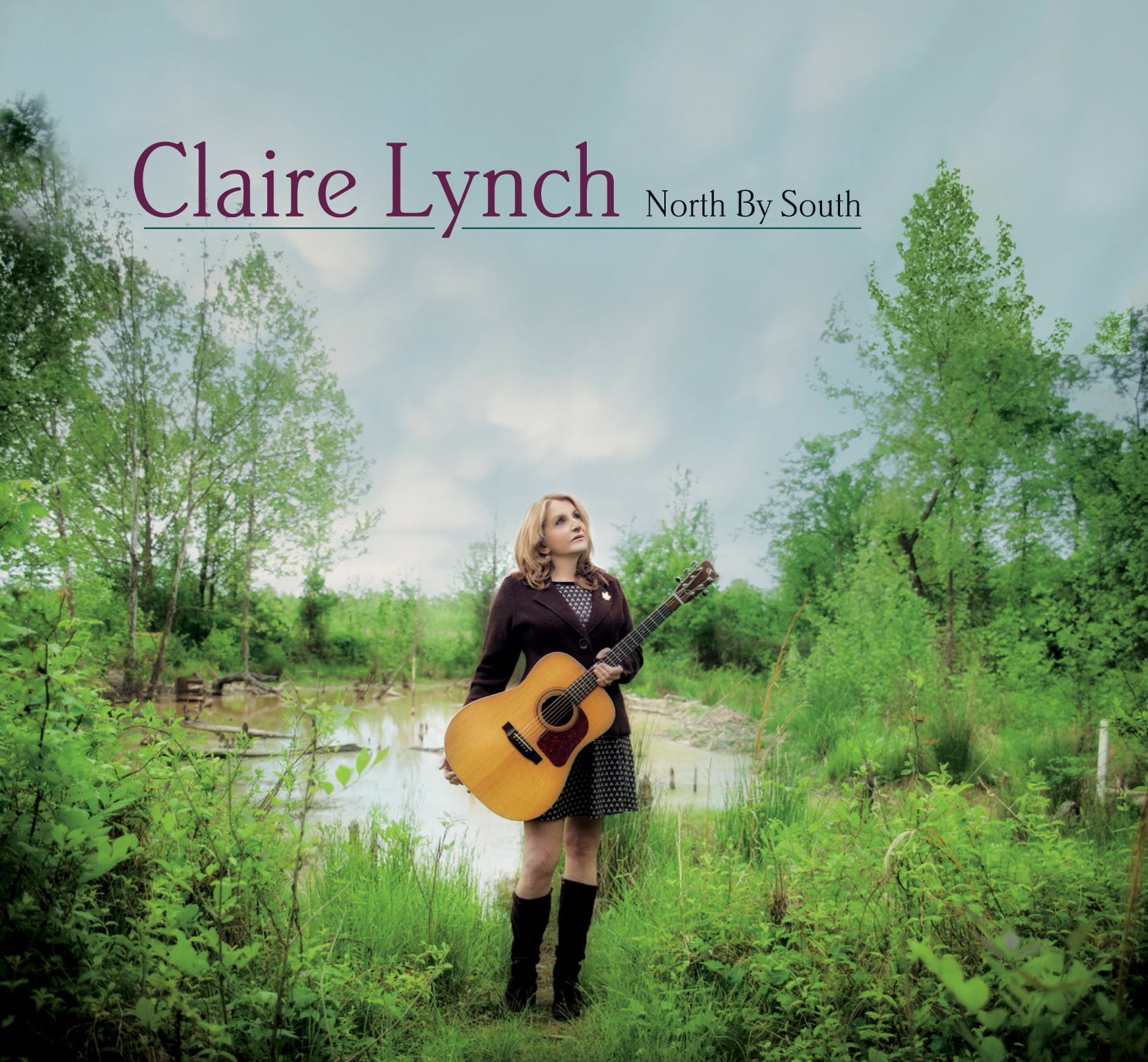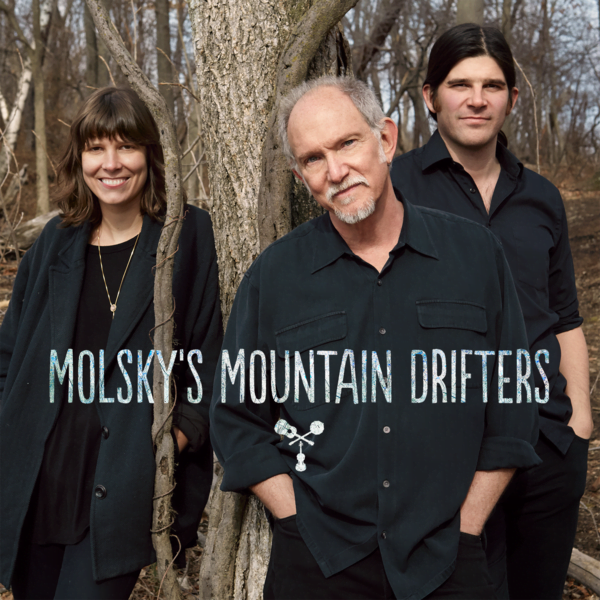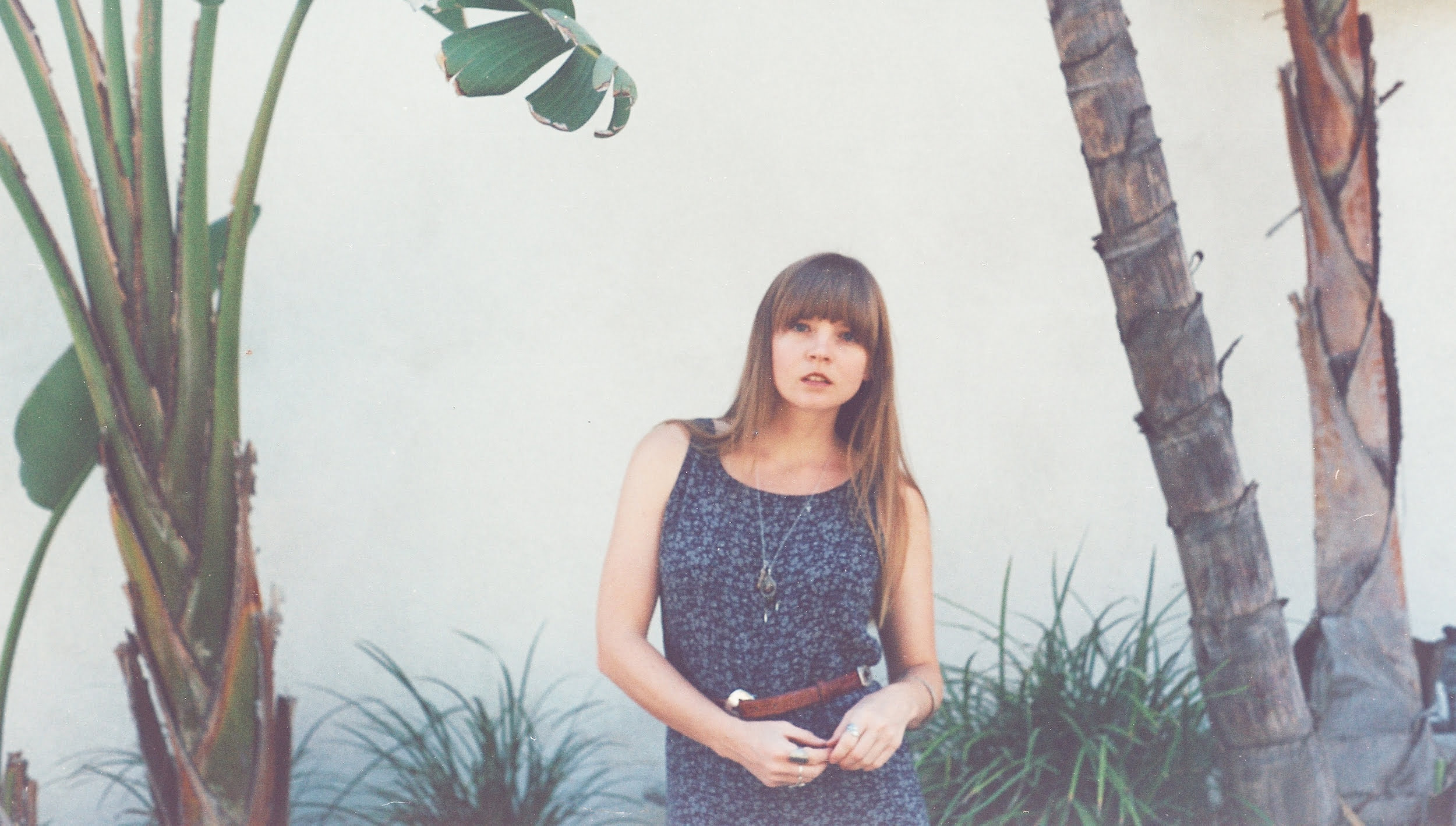At 25, Courtney Marie Andrews is already a hardened industry veteran at a point when many artists are just getting started. The Arizona native began writing songs and touring in her teens and has barely stopped since. In addition to amassing a catalog of five albums and a few EPs, she has recorded with Jimmy Eat World and Damien Jurado, toured with Belgian pop star Milow, and sung back-up for more than 40 artists.
So you believe her when, early on her sixth and best album, she declares, “This ain’t no rookie dreaming.” As impressive as that C.V. might be, it doesn’t even begin to hint at the maturity, the resourcefulness, and the hard-earned wisdom of Honest Life. It’s a stirring amalgam of folk, country, and rock, calling to mind Joni Mitchell and Van Morrison, but her songwriting is so personal and so self-possessed that it dispels such easy comparisons. Perhaps the greatest lesson Andrews has learned on the road is to sound like no one other than herself. It’s such a startling work of maturity — so far removed from her previous work — that it almost sounds like a first album.
Maybe that’s why it took her so long to make the record. Andrews penned half the record in Belgium and the other half in Duvall, Washington, where she waitressed at a small tavern and wrote lyrics between shifts. She assembled some talented friends into a makeshift backing band and produced the album herself. She shopped it around to labels, which either demanded changes to the production or couldn’t figure out how to sell it: Was it folk? Country? Indie rock?
It’s a situation that so many artists have found themselves mired in (most recently, Margo Price), but Andrews stuck to her guns, signed with small labels in the U.S. (Mama Bird Recording Co.) and Europe (Loose Music), and released the record on her own terms. Honest Life sounds like both the best sixth album and the best debut of the year. And, of course, it’s already taken her back out on the road.
What led you to settle in Washington State?
I started touring when I was really young. I did my first tour when I was 16, and I started out doing West Coast tours, where I would go to Seattle and come down through Idaho and Utah. When I was in Arizona, the Northwest seemed like the most different place you could go to, if you were from the Southwest like me. I gravitated to it originally for those reasons. I love change and I love to put myself in situations that aren’t normal to me because it helps me grow as a person. I just moved there because it felt completely different than the Southwest, and then I ended up playing around Seattle for some time.
I don’t intend to live there forever. Eventually, I’m going to make my way down to L.A., but I do think the Northwest has definitely influenced my writing. I was living in a very rural town called Duvall, and I lived way out in the woods, about seven miles from town.
Were you writing these songs while bartending?
I was going through a breakup in Belgium when I wrote about half the songs. When I got back to the States, I wanted the most normal job to support myself while I wasn’t touring. So I started bartending in Duvall, and those people’s stories resonated with me quite a bit. They’re all so different from me. They’re very much small-town folks, in the sense that a lot of them have lived in that valley their entire lives. I’ve been all over the world and felt like I was just passing through, but their stories definitely resonated with me. I think that’s why I loved bartending. People will always tell you a story.
It definitely seems like a very social occupation. Waiters can always excuse themselves to check on other tables, but bartenders are stuck at the bar.
Exactly. You’re stuck with those people at the bar. Fortunately, I did a lot of serving, too, so I got to walk around a bit. It definitely cultivated a feeling that I tried to capture in the songs — me as the constant, moving catalyst coming through this town and realizing that sometimes home feels better than the road.
But I’ll be the first one to tell you that, after six months of bartending, I was ready to be back on the road. I like to complain about it, but it’s where I belong. I don’t actually complain too much about it. I love playing. There are just times when you’re far away for five months and you haven’t seen your friends and family. You start thinking, "Oh man, what am I doing here again?" But I’m definitely at home on the road. I just can’t get enough of it. It’s ingrained in me, at this point.
One of the things that impressed me about this record is that you can sing about touring and traveling without it sounding like insider baseball. It’s something anybody can relate to.
I was thinking about this songwriting trope that I’ve heard before, in particular, with political songwriters. The reason Bob Dylan was able to write so many great political songs is because he never put dates on them. You can listen to them now and the ideas still apply to what’s going on today. I feel like that’s what I’m trying to do when I’m writing songs, whether it’s about traveling or whatever. I want to makes it so there’s not a date or a stamp on it. You can listen to it whether you’re a touring musician or not.
These are obviously very personal songs, but to what degree are they autobiographical?
There are definitely elements. A lot of them are very personal just because of what I was going through when I was writing them. But I definitely put other people’s stories in there. The song “Irene” was one I wrote for a friend, but I look back on it and wow, I was writing it for myself, too. I think that goes for a lot of my songs. There are little truths about me and reflections of other people that I know.
I would have guessed that “Irene” was a bartending song. It struck me as something a bartender might say to a patron.
That’s funny. Actually, “How Quickly Your Heart Mends” was written about a woman at my bar. When you’re bartending, you get the people who are drinking too much. My dad liked to call them flippers. People would flip when they had a few beers. There was a woman going through a breakup, and it made sense to write that song. It’s just a small town and the song is about being heartbroken in a small town and how isolating that can be.
What is it like to live with these very personal songs that have such a strong emotional component to them?
The songs still resonate with me, but not in a sad way, I don’t think. I know a lot of people find this record to be sad, but that’s not what I intended it to be. If anything, I intended it to be hopeful. To me, it’s about growing up and becoming the person that you set out to be. It’s about hard truths. When you’re a kid, you think everything will be set in place when you’re 25 or 26. But when you get to that age, you realize that’s not how it goes and you can be okay with that. So when I play these songs, I don’t feel sadness. I feel like they’re very much a part of me — probably the most honest songs I’ve ever written.
I do find some solace and comfort in them. When I first write a song, there’s a period of about six months to a year when I still feel exactly like that. But after a while, I start to feel like I’m just the speaker — I’m just relaying a story to somebody. I try to be in the moment and be present with the words that I’m singing, but it’s more that I’m relaying the story to somebody. It may not be my story anymore. Now it’s their story.
It sounds like you’re using the song for what you need and then passing it along to your audience.
Yes. I think, in a way, that’s the tradition of folk music. The songs are for the people. You sing it and then pass it along. “Red River Valley” doesn’t have a writer. Nobody knows who wrote it. That’s how we pass it along to somebody else. I’ve actually met and played with people who can’t sing their own songs because they connect with them too much and it hurts to sing them.
I don’t know that I’ve ever looked at it like that. I don’t mind revisiting songs, although I guess I could change my mind in five years. There are definitely some older songs that I never want to play again, although the reason I wouldn’t sing them is because I don’t like the way I wrote a line: "That line is terrible! Why did I write that? I could write it so much better now."
So it’s not so much that you outgrow a song emotionally, you outgrow it technically.
Totally. Maybe that’s why I think I became my truest writer on this record. I feel like I finally learned how to write. I don’t know. I’ve always loved writing. I’m proud of my writing, although I’d never want to be cocky about it. It’s hard when you start so young, because you’re passionate and you’re going to release everything that you’ve ever written. But I don’t think I was fully developed, when I first started writing songs. Some people who like my music might disagree, but I don’t think I was quite there yet. So, the past two years, I feel like I’ve been coming into my own.
What led you to produce this album yourself?
It was probably too much pride! I love having producers. It’s such a beautiful thing to be able to work with somebody else. I’ll start by saying that. I’ve done it in the past and I’ll do it in the future. That’s important to grow and change. But for this record, I just wasn’t connecting with anybody I sent the songs to. People were like, "Let’s put synths on it and make it an over-produced pop record." Or they were like, "I need to write a line in this song so I can get a songwriting credit and more money." I got this sick feeling in my stomach. These people just didn’t get it. They didn’t get my songs. I’m not going to enter a relationship with somebody who doesn’t get me. So I just booked some time in a studio, got all my friends in Seattle to rehearse the songs for a month straight, then we worked out all the kinks, went into the studio, and recorded it. I don’t think, in any way, about how modern or cool the production was. It was more about the songs.
Were you nervous about taking on that responsibility?
In the beginning I was, because the music industry tells you that you have to have the best producer and you have to have that producer stamp. There are all these standards that people are constantly whispering in your ear. I guess I’ve gotten to the point where I just don’t care. I’m going to make the record that I want to make, even if I’m just working at the bar for another 20 years. It’s way more important for me to make what I want to make. I will work with a great producer someday, but this wasn’t the record for it. This was just me and my friends making a record.
Did that make it harder to shop to labels?
Shopping the record took way longer than finding a producer, but the funny thing is, everybody who couldn’t work with me just kept listening to the record. That’s what messed with my head the most. They would tell me they loved the record and had been spinning it in the office. They said they were always listening to it. I got these long emails from people about the record, but they didn’t want to take a chance on it. They liked it, but when money comes into play, it becomes a big what-if. I get that. But I ended up going with two really great labels that loved the record from the start, which was a great feeling. It’s more important to go with the people you don’t have to convince. So I feel like it’s had a positive reception. I feel like it’s found its place.
You mentioned that you thought people heard the album as sad. To me, it almost sounds like it’s telling a story that starts out as sad but ends up in another place. Was that something you were thinking about when you were recording?
Definitely. This album is about accepting life’s circumstances. That’s what I was going through at the time. Everybody has gone through that stage when they realize that their life isn’t what they intended. So yeah, the sequencing is important. It starts with “Rookie Dreaming,” where I’m on the train and having that first realization that it’s harder than I thought. This isn’t a rookie dreaming. It’s something more than that. This is prime time. And then the album ends with “Only in My Mind,” which is sort of the same sentiment, but maybe that of a more mature person. Only in my mind did I assume these things had actually happened.
I just had a thought regarding the sad songs: The difference in this record and the things I’ve written in the past as a younger, more angst-ridden person is that now, when I write a sad song, I’m not asking anybody to feel bad for me. When I was younger, it would be like, "Oh pity me. This is how I feel and you should feel it, too." Now it’s more like, "This is just how it is. This is just life." This record doesn’t ask the audience to feel bad.
That’s an interesting distinction to make.
I feel like every songwriter is guilty of writing a few songs like that. When you’re younger, you just think the world is against you. The world hates you. But when you grow up, you realize that the world doesn’t care about you. That sounds harsh.
Maybe, but it also means that, whatever you’re going through, other people have been through it, too. Your pain isn’t special, which can actually be comforting and relatable.
And that’s what music is for — to make people not feel as alone in this crazy-ass world.
For more on young, '70s-inspired singer/songwriters, read our interview with Andrew Combs.
Photo credit: Susy Sundborg
